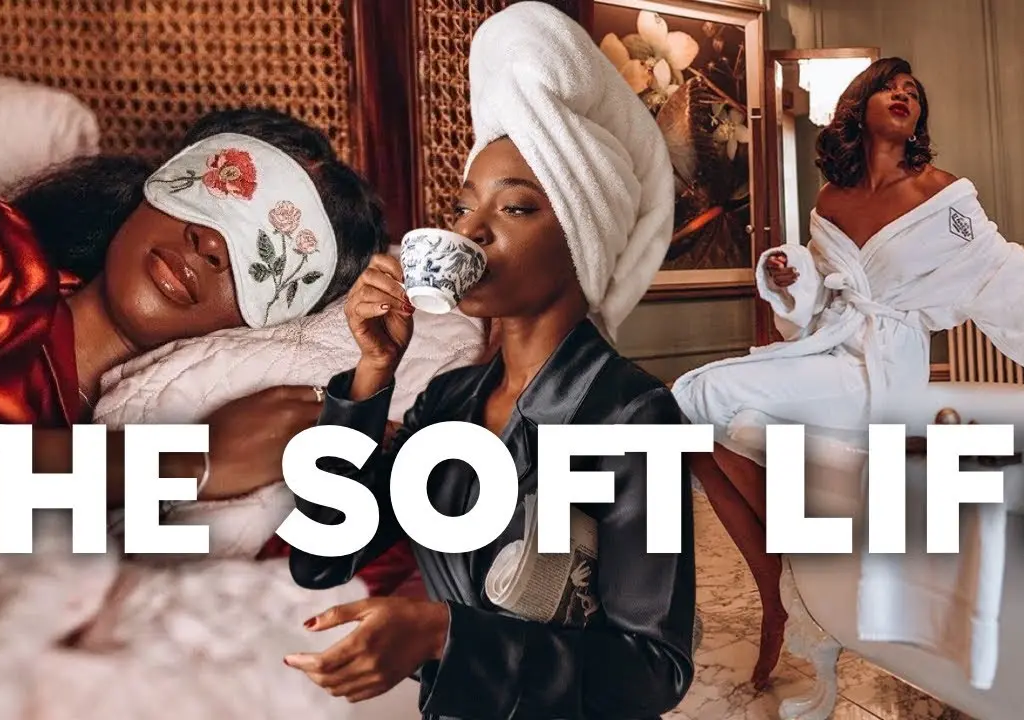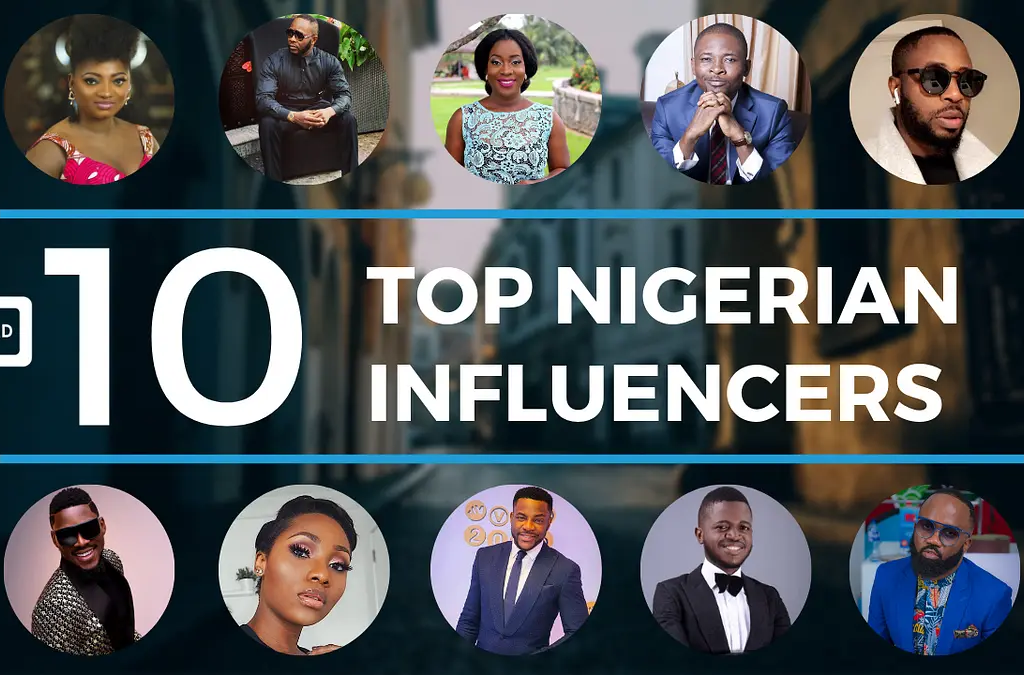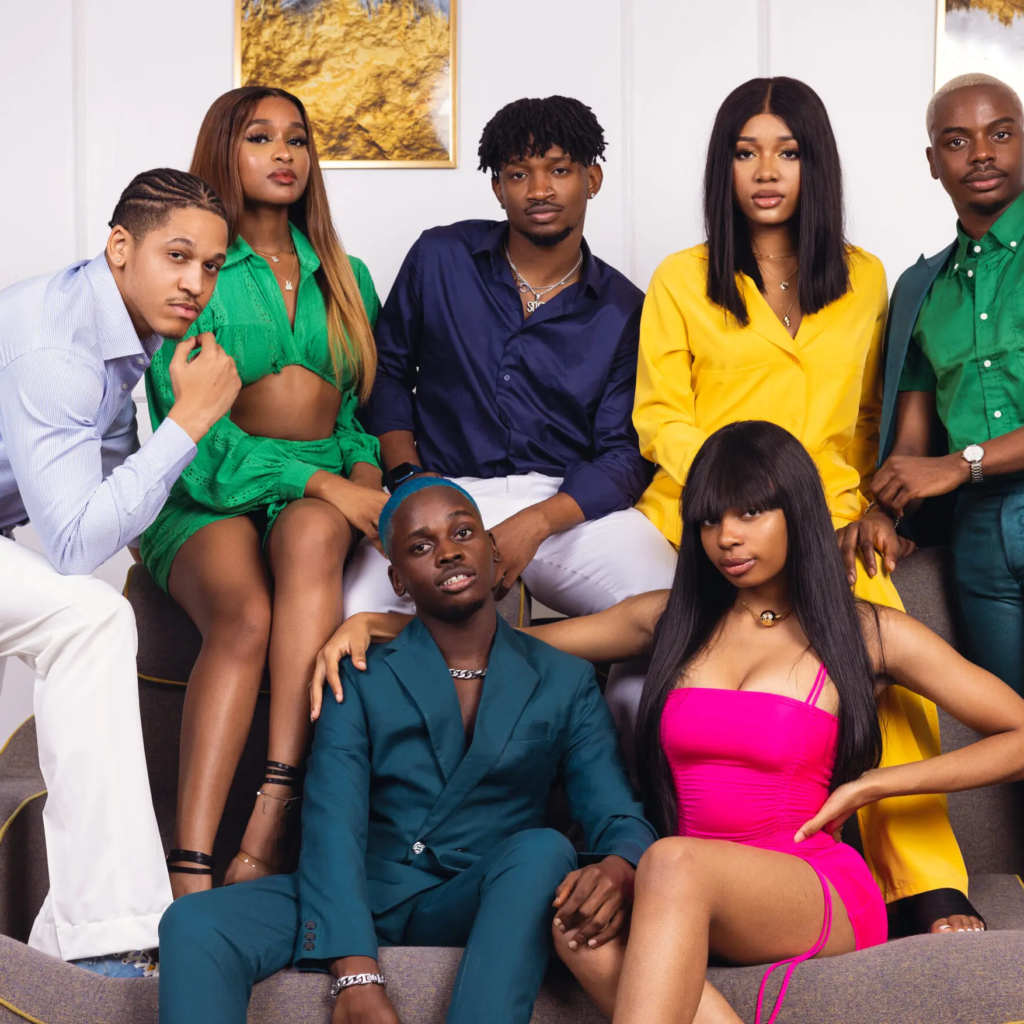Introduction: The ‘Soft Life’ Illusion

Picture this: You’re scrolling through Instagram and see a 23-year-old influencer lounging at a beach resort in Zanzibar, sipping cocktails, dressed in designer fits. The caption reads, “Soft life only. God did!” You’re tempted to whisper, “God when?” It’s moments like these that perfectly capture the illusion—and sometimes the pressure—of the Nigerian Gen Z lifestyle we’re all witnessing online.
But let’s pause—is this really the life of the average Gen Z Nigerian, or is it all just curated chaos?
In a country battling inflation, fuel scarcity, unemployment, and Japa fever, Gen Z is trying to find meaning, comfort, and—yes—luxury in their own way. But how many are really living the soft life? And how many are just surviving in style?
Let’s peel back the filters and take a raw, unfiltered look into Gen Z Nigeria’s love-hate relationship with the so-called soft life.
What Exactly is the ‘Soft Life’?

A Life Without Stress?
The phrase soft life didn’t start in Nigeria, but trust us to remix it. Globally, it means a life of ease, peace, and luxury—free of struggle. In Naija, it has become a lifestyle mantra: “I no come this life to suffer.”
Instagram vs Reality
While some are truly enjoying the soft life (trust fund kids, we see you), many are just packaging. Social media paints a perfect picture, but real-life stories are often filled with side hustles, pressure, and uncertainty.
The Rise of the ‘Soft Life’ Dream in Nigeria

Influencer Culture

From TikTok trends to Instagram aesthetics, the Nigerian Gen Z lifestyle is constantly shaped by curated content. Influencers make it look easy—travel vlogs, paid partnerships, glowing skin, and foreign accents flood our feeds daily, painting a picture of effortless success.
But let’s be honest—not everyone has brand deals or rich uncles.
The Escape from Hardship
The older generation prides itself on surviving hardship. Gen Z? Not so much. The Nigerian Gen Z lifestyle is all about redefining success—working smart, not hard. And if it doesn’t come with vibes and aesthetics, they want no part in it.
Can the Average Nigerian Gen Z Afford the Soft Life?
Reality Check: Minimum Wage
With Nigeria’s minimum wage at ₦30,000/month (about $20), it’s safe to say soft life isn’t a national policy. From food inflation to housing crises, many young people are just trying not to go broke.
Side Hustles or Survival?
Almost every Gen Z Nigerian has a side hustle—from dropshipping to copywriting to crypto trading. It’s become a core part of the Nigerian Gen Z lifestyle. But when you’re juggling three jobs just to pay rent, are you truly living soft, or just decorating your struggle?
Japa and the Soft Life Fantasy
The Great Escape
One way Nigerian Gen Z is chasing soft life is through Japa—leaving the country for greener pastures. For many, soft life isn’t in Lekki; it’s in London, Toronto, or Berlin.
But It’s Not Always Greener
Many who Japa soon discover that life abroad isn’t as soft as Instagram says. Cold weather, racism, bills, and loneliness hit hard. The hustle continues—just in another currency.
Online Pressure and Mental Health

Comparison is the Thief of Joy
You’re in your room with NEPA light blinking, and someone on your timeline is living it up in Santorini. That contrast has become a harsh reality of the Nigerian Gen Z lifestyle, where comparison can sink self-worth faster than the Naira is falling.
The Mental Toll
With all this pressure to “blow” early, mental health suffers. Anxiety, depression, and burnout are becoming normal for a generation trying to fake it till they make it.
The Quest for a “Soft Life” and the Transition into Adulthood
The Lagos Factor: Where Soft Life is Born and Broken
Lagos—The Land of Packaging
Lagos is the HQ of “soft life” culture in Nigeria. From the Island’s brunch spots to nightlife in VI, it’s a city where everyone looks like they’re winning—even if they’re deep in debt.
Cost of Living
That lifestyle costs money. Rent in Lekki? ₦1.5M/year (minimum). Fuel? Don’t ask. If you don’t earn in dollars or have a sponsor, you’re most likely burning out trying to keep up.
Gen Z’s Hustle Culture
From 9-5 to 5-9
Most Gen Zers are rejecting traditional jobs. They’re building personal brands, monetizing skills, and becoming digital entrepreneurs. It’s inspiring—but also exhausting.
Tech Bros, Creatives, and Crypto Kings
From coding bootcamps to content creation, many Gen Zers are exploring non-traditional career paths. But let’s be real—not everyone is cashing out. For every Tech Bro making millions, there are 50 freelancers chasing late payments.
Gender and the Soft Life Narrative
A Heartwarming Steal: Unveiling the Story Behind Dr. Seuss’s How the Grinch Lost Christmas
For the Ladies
The soft girl era is trending, but it comes with baggage. Beauty standards, sugar daddy assumptions, and unrealistic expectations of luxury living plague young Nigerian women.
Implementing IoT for Real-Time Monitoring of Livestock Feed Intake
For the Guys
Men face pressure to “ball” and fund vibes—even if it means going broke or entering shady deals. It’s no longer enough to be responsible; you must also be rich and stylish.
Faith, Vibes, and Manifestation
“God Abeg!” as a Lifestyle
Faith remains a core pillar. When the hustle gets too hard, Gen Z turns to God. Whether it’s fasting, prophetic declarations, or tweeting “God when,” spiritual hope helps many push through.
Vision Boards & Affirmations
Gen Z mixes spirituality with manifestation. Vision boards, affirmations, and journaling are tools many use to mentally attract the soft life—even when life feels anything but soft.
The Role of Trends and Pop Culture
Music and the Lifestyle Trap
Afrobeats often glorify luxury and enjoyment. From Burna Boy’s yachts to Davido’s private jets, the message is clear: if you’re not enjoying life, you’re doing it wrong.
TV and Skits
Skit makers and vloggers paint the lifestyle in skits—fancy restaurants, surprise gifts, vacation vlogs. It all adds to the pressure to appear like you have it all figured out.
Is There a Middle Ground?
Soft Within Your Budget
Maybe the real flex is creating your own version of soft life. It could mean eating amala at Mama Put, having stable Wi-Fi, or a peaceful mind. It’s about defining comfort on your own terms.
Choosing Peace Over Pressure
Gen Z is slowly realizing that peace, not aesthetics, is the real soft life. It’s okay to unplug, rest, and live slowly—even if the world is screaming “more!”
Conclusion: The Soft Life is a Spectrum
So, is Gen Z in Nigeria really living the soft life? Well… yes and no.
Some are making it, others are faking it, and many are still figuring it out. The dream is alive, but reality is louder. What matters most is living with intention, not imitation. If your own version of soft life is peace of mind, a roof over your head, and jollof rice on Sundays—you’re doing just fine.
Don’t let the pressure make you forget your progress. Whether you’re living soft or just surviving—you’re not alone. And you’re doing better than you think.
FAQs
1. What does ‘soft life’ mean to Nigerian Gen Z?
To most Nigerian Gen Zs, ‘soft life’ means ease, luxury, and comfort—living without unnecessary stress or struggle. It’s about enjoying life, not enduring it.
2. Is social media responsible for the pressure Gen Z faces?
Absolutely. Platforms like Instagram and TikTok have created unrealistic standards. People only show the highlights, not the hustle behind the scenes.
3. Can Gen Z in Nigeria truly achieve the soft life?
Yes, but it’s not easy. It often requires multiple income streams, smart decisions, strong networks, and a bit of luck. And even then, it’s still not guaranteed.
4. What are the dangers of chasing the soft life blindly?
Burnout, debt, low self-esteem, and poor mental health are common. The constant chase can be draining, especially when it’s fueled by comparison.
5. How can Gen Z create a balance between hustle and rest?
By setting boundaries, avoiding toxic productivity, celebrating small wins, and defining what soft life means personally—not by society’s standards.


